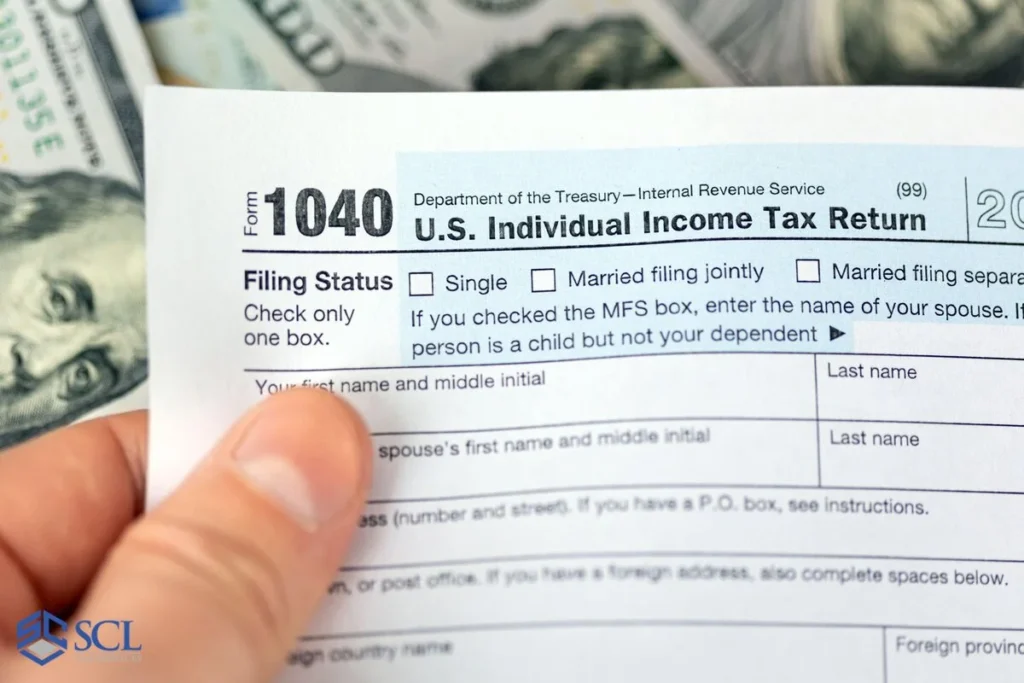The question of whether individuals with an annual income of less than $5,000 need to file taxes is a common concern, especially for those on the lower end of the income spectrum. Understanding tax obligations is crucial for compliance with the IRS and avoiding potential penalties.
Do I have to file taxes if I make less than $5,000 a year?
Yes, you may still need to file taxes even if your income is below $5,000. The requirement to file taxes depends on several factors, including your filing status, age, and the type of income you receive. If your income comes from self-employment or you receive other specific forms of income, filing might be necessary despite your total earnings being below that threshold.
Understanding Filing Requirements
Income Thresholds
The IRS sets specific income thresholds that determine when individuals must file a federal income tax return. For the tax year 2023, here are the general filing requirements based on filing status:
| Filing Status | Age | Gross Income Requirement |
|---|---|---|
| Single | Under 65 | $13,850 |
| Single | 65 or older | $15,700 |
| Married Filing Jointly | Under 65 (both) | $27,700 |
| Married Filing Jointly | 65 or older (one spouse) | $28,700 |
| Head of Household | Under 65 | $20,800 |
| Head of Household | 65 or older | $22,600 |
While the thresholds are significantly higher than $5,000, other factors can influence your need to file.
Types of Income
Certain types of income may require you to file, even if your total income is below the filing thresholds. Here are some examples:
- Self-Employment Income: If you earn $400 or more from self-employment, you must file a tax return.
- Dependents: If you are claimed as a dependent on someone else’s tax return and your unearned income (like dividends or interest) exceeds $1,250, you must file.
- Certain Tax Credits: Filing may be beneficial if you qualify for refundable tax credits such as the Earned Income Tax Credit (EITC).
Tax Benefits and Refunds
Filing a tax return can often be beneficial even for low-income earners. Here are a few potential advantages:
Refundable Credits
Many taxpayers with income below $5,000 might qualify for tax credits that can lead to a refund:
- Earned Income Tax Credit (EITC): This is designed to benefit low-to-moderate-income workers. For tax year 2023, the maximum EITC for a single filer with no children is $600, while those with children can receive higher amounts.
- Child Tax Credit (CTC): If you have qualifying children, you may qualify for up to $2,000 per child, resulting in a significant refund.
Health Coverage
If you receive tax credits through the Health Insurance Marketplace, you will need to file a return to reconcile those credits, even if your income is below the threshold.
Consequences of Not Filing
Failing to file a required tax return can lead to several consequences:
- Penalties: The IRS may impose penalties and interest on any taxes owed if you fail to file a return when required.
- Future Issues: Not filing can affect your ability to claim future tax credits or loans, including government assistance programs.
How to File Taxes
Filing taxes can be straightforward, especially for those with simple financial situations. Here are steps to ensure that you complete the process efficiently:
1. Gather All Necessary Documents
You will need to collect important documents including:
- W-2 forms from employers
- 1099 forms for freelance work
- Any other documentation of income
2. Choose Filing Method
You can file your tax return using several methods:
- Tax Software: Many online platforms offer free filing options for individuals with low incomes.
- Tax Professionals: If your situation is complex, consider hiring a tax professional.
- Free File Programs: The IRS partners with several organizations to provide free tax filing for eligible individuals.
3. Submit Your Return
Make sure to file your return by the April 15 deadline. If you need more time, you can apply for an extension.

Conclusion
Understanding whether you need to file taxes when earning less than $5,000 annually involves considering various factors including the source of income, potential tax credits, and filing requirements set by the IRS. Even if your income falls below certain thresholds, filing could entitle you to refunds or credits that significantly benefit you.
If you find yourself unsure about your tax obligations, consulting a tax professional can provide clarity tailored to your personal situation. Stay informed about tax regulations to ensure compliance and maximize your potential refunds.


